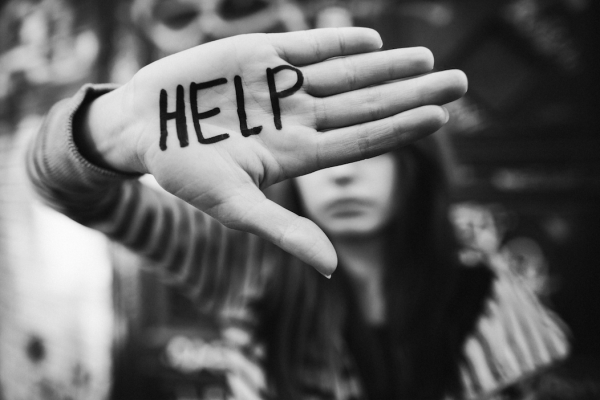What Does PTSD Have to do with the Immune System?
A joint US and UK research team has linked certain gene groups that regulate the body’s immune system responses to risk for post-traumatic stress disorder (PTSD). Scientists extracted RNA sequencing transcripts from the blood samples of 188 U.S. Marines before and after a military deployment. They found that some PTSD genes also play a large …


